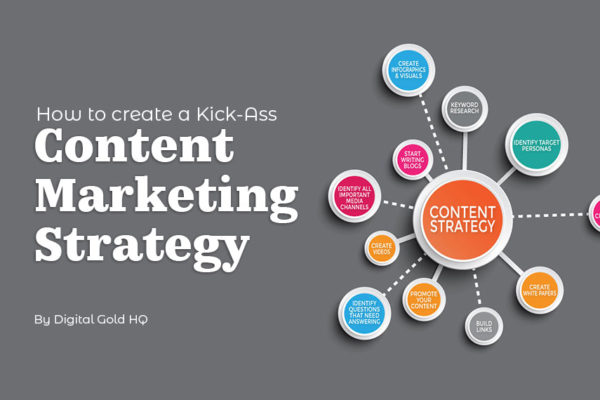SEO 101: What It Is And Why You Need It

If you have started looking into how a small business can market itself online, you’ve probably found that SEO (search engine optimisation) is something that comes up time and time again. So, you’re wondering, what is SEO, why does it matter so much, and is it really something I need to learn if I want to succeed online?
SEO’s true potential for small businesses
SEO stands for Search Engine Optimisation, and that’s pretty much what it is – making sure your website is optimised to have the greatest appeal to search engines. Search engines such as Google and Bing are the main vehicles people use to find what they are looking for online. So, if you want people (i.e. your customers) to find your website, SEO is SUPER important.
When you type a word or a phrase into a search engine, it comes up with a list of sites that are relevant to that search. But the order of the list is not random; it is the result of a complicated set of algorithms which the search engine uses to judge which results are more relevant, more useful, and better-quality than others.
Those results that fit the search engine’s quality criteria, and are judged to be both relevant and useful, get boosted towards the top of the search engine’s results list. The others are essentially bumped, demoted, and buried lower down on the search results to be overlooked and ignored by searchers.
Therefore, SEO is a set of strategic techniques that you can use to make your site as attractive as possible to search engines, according to the criteria they use to judge relevance and usefulness.
Effective optimisation, targeting specific and relevant search queries (keyword phrases), means that your site will be considered more relevant and will be placed higher in search results, above the competition.
Get on board or get buried
There is good reason for SEO’s prevalence in the world of small business digital marketing. The main reason you need to optimise your website for search engines is that this is one of the best and most effective ways to get people onto your website, which is of course the first step in turning web users into paying customers.
Search engines are by far the biggest and most prevalent method of finding things online. When people look for the kind of products and services that you provide, the chances are that the first step for most of them will be to go to Google or one of its rivals and type in what they are looking for.
However, most people won’t look beyond the first few results and few will go beyond the first page. You therefore have a lot to gain by ensuring that your business appears high in the results list for relevant searches, so your potential customers are more likely to end up on your website instead of your competitors’.
Easier said than done
The good news is that there are a number of things you can do to improve your chances of being at the top of those lists. Think carefully about what searches you want to be returned for, and focus on updating your website to provide relevant, high quality content that aligns with those specific keyword phrases.
Do your research, find out what sort of content already exists for your subject area. To feature at the top of the search results for specific keywords, your content needs to be better than everything out there.
So be brutally honest yourself, make sure that the information you provide on your website is the absolute best that you can do. Strive for quality every time, and eschew anything that wreaks of mediocrity. Eyes on the prize, it’ll be well worth it in the end.
Talk to Us
At Digital Gold HQ, we specialise in providing a complete and effective portfolio of digital marketing services, including expert search engine optimisation. For more information or to talk about what we could do for your site, please take a look at our SEO service pages or get in touch directly for a chat.



